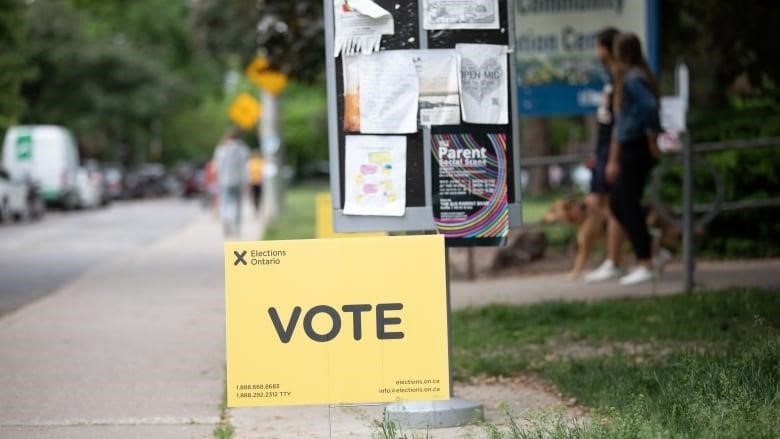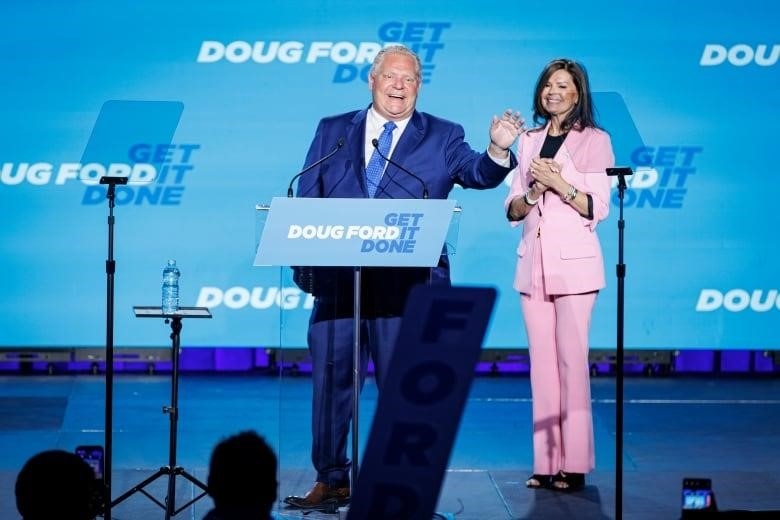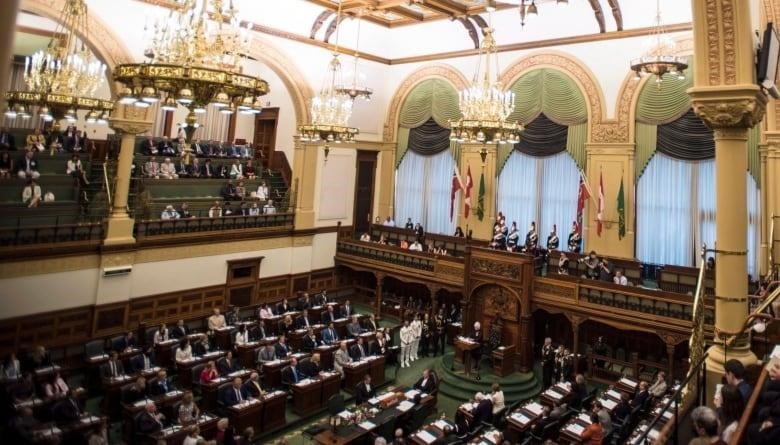
“Political polls could change the outcome of an election,” says the province’s top election official
After an Ontario election with the lowest turnout ever, the province’s top election official wants to stop publishing the results of political polls for the rest of the campaign.
The idea is one of many in a new report from Elections Ontario about the election.
Under the heading “a call for legislative change,” the report suggests that political polls can’t be reported in the news two weeks before an election.
The report says that political polls have the potential to change the results of elections. “The Chief Electoral Officer recommends that political party favorability ratings from public opinion polls not be released in the last two weeks before an election,”
In the 2022 election, which gave Premier Doug Ford’s Progressive Conservatives their second straight majority, only 44% of eligible voters went to the polls. This was the lowest turnout in Ontario’s history.
Elections Ontario points to survey data as proof that polling was a factor in the low voter turnout.

“Early reports of one-sided results made many [survey respondents] lose interest in the election,” the report says. It says that 36 polls were published in the two weeks before June 2, 2016, when people went to the polls.
At the moment, news outlets in Ontario can’t report on the results of new polls except on election day.
Elections Ontario also suggests adding at least a week to the 29-day official campaign period.
The report says, “Ontario has the most people registered to vote, but it also has one of the shortest election schedules in Canada.”
“It’s getting harder and harder to manage sending materials to 124 electoral districts, accepting a growing number of candidates’ nominations, and doing a lot of other time-sensitive tasks.”
In the report, chief electoral officer Greg Essensa also says he doesn’t agree with the government’s plan to stop giving political parties money from taxpayers starting in 2025.

The report says that the allowances “ensure a fair balance between public and private fundraising for political parties and constituency groups.” After Ontario banned corporations and unions from giving money to political parties and candidates in 2017, the payments were made.
The amounts are worked out by looking at how many votes each party got in the last election. In 2023, the PCs will get almost $4.9 million, the Liberal Party will get just under $2.9 million, the NDP will get just over $2.8 million, and the Green Party will get about $710,000.
Voting Day on a Weekend or a Holiday
On Friday, the day after his report came out, CBC News asked Essensa for an interview, but a spokesperson for the media said he was not available.
Among his other suggestions, he said:
- Hold the election on a day when schools are not in session, like the weekend or a school holiday.
The fixed-date election law in Ontario says that the first Thursday in June is the day to vote. Elections Ontario says that schools are important places for polling stations, but that it’s harder to use them when the students are in class. The report says that the change “would also give young people a chance to work and take part in the election.”
- Civics should be taught in each year of high school.
At the moment, students in Ontario only have to take one half-year course in civics, in Grade 10. The report says, “More civics education in the senior years of high school is especially important because most high school students become eligible to vote in their graduation year.”
- Let 16- and 17-year-olds work at the polls in jobs that don’t involve giving out ballots.
The report says, “This would get them involved in voting at a younger age and give us more flexibility in staffing.” People who aren’t old enough to vote can work at the polls in Quebec, New Brunswick, and Saskatchewan, as well as with Elections Canada.
The report also recommends tweaking some of the rules governing candidate nominations, and empowering the chief electoral officer to fine parties or constituency associations that miss deadlines for filing financial statements.
A representative for Attorney General Doug Downey says that the government has received the report and is currently looking over its recommendations.
